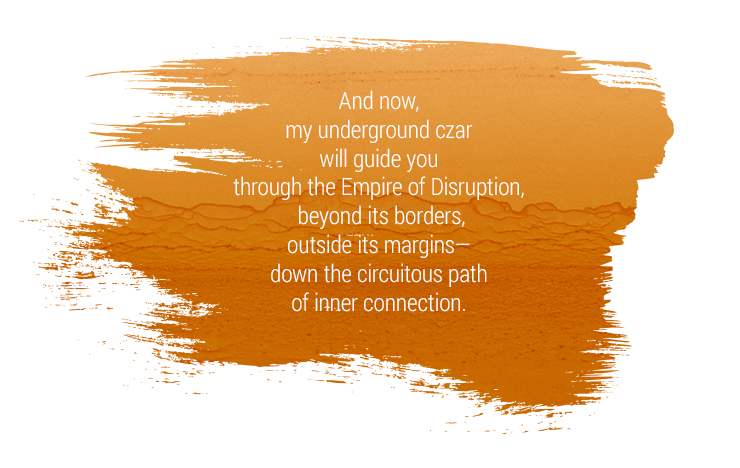When navigating unmapped territory it helps to have a guide who understands how to go “off-grid”.
So, in this regard, I offer you my underground czar.
Czar, not as in Ivan IV, Terrible Czar of Muscovy nor Nixon’s appointed ‘drug czar’ of 1971. More like his energy czar, who in 1973 at the height of the Arab oil embargo, set up mandatory fuel allocation to calm public fears about shortages. .
So, in this regard, I offer you my underground czar.
Czar, not as in Ivan IV, Terrible Czar of Muscovy nor Nixon’s appointed ‘drug czar’ of 1971. More like his energy czar, who in 1973 at the height of the Arab oil embargo, set up mandatory fuel allocation to calm public fears about shortages. .
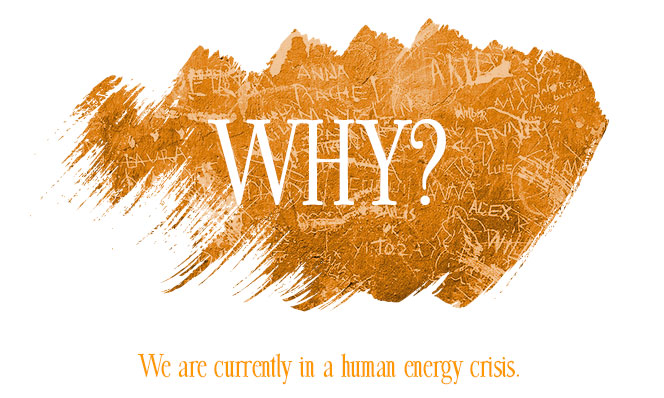
We keep tasking ourselves with more inconsequential busywork, depleting our inner resources until we are running on fumes.
Meanwhile,
public fear that we are
not enough,
do not have enough,
are not doing enough
escalates exponentially.
It has become a chronically unconscious, culturally contagious, widespread epidemic.
We react by innovating new ways to burn more instead of conserving our energy and engaging it in useful ways that will generate more. We are slowly committing individual and collective almacide, a word coined by Dr. Clarissa Pinkola Estes meaning soul murder. Our bodies and brains are alive. But are we?
Historically, U.S. czars were appointed for their ability to go outside of formal channels and find creative solutions for ad hoc problems. That’s what we’re going to do for the ad hoc problem of how to fix a broken connection to our inner lives, to our capital T Truths.
Meanwhile,
public fear that we are
not enough,
do not have enough,
are not doing enough
escalates exponentially.
It has become a chronically unconscious, culturally contagious, widespread epidemic.
We react by innovating new ways to burn more instead of conserving our energy and engaging it in useful ways that will generate more. We are slowly committing individual and collective almacide, a word coined by Dr. Clarissa Pinkola Estes meaning soul murder. Our bodies and brains are alive. But are we?
Historically, U.S. czars were appointed for their ability to go outside of formal channels and find creative solutions for ad hoc problems. That’s what we’re going to do for the ad hoc problem of how to fix a broken connection to our inner lives, to our capital T Truths.

We are the single mom holding down two jobs; the corporate mom with an insane travel schedule; the stay-at-home mom cooking, cleaning, scheduling, chauffeuring and trying to balance extra-curricular activities with homework and free time. We are the single, working woman struggling with the dating scene, the college woman overwhelmed with academic and social pressures, the empty-nester grandmother, the over-scheduled teenager and so on.
We are all of these things; we are everything.
We are all of these things; we are everything.
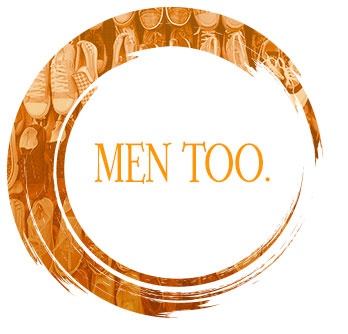
And it seems the more highly functional, highly productive, highly capable of multi-tasking we are, the emptier we become.
We push ourselves to focus, to never give up, to be well-rounded, well-balanced, well-rested, to be team players, to eat healthy, exercise, to be environmentally aware, philanthropic, and fiscally responsible, to work hard, keep our chin up and at least feign emotional balance. We push ourselves, and expect others, including our children, to meet heroic standards each and every day.
Until we wake up one morning and wonder,
“What happened?”
Our best intentions have betrayed us.
We feel robbed of our children’s childhood or our own. Something we desperately wanted but didn’t know how to get is gone and we feel cheated by what we thought we needed to do—and disconnected from our TRUE selves.
Somewhere along the way, we forgot what makes us feel vibrant, vital and wildly rooted in what matters deeply to ourselves. And sadly, we often don’t know the way home. What has, over time, become safe and comfortable—conversations about the weather, vacations or the Super Bowl—dominate our interactions and dwarf our spirit.
We push ourselves to focus, to never give up, to be well-rounded, well-balanced, well-rested, to be team players, to eat healthy, exercise, to be environmentally aware, philanthropic, and fiscally responsible, to work hard, keep our chin up and at least feign emotional balance. We push ourselves, and expect others, including our children, to meet heroic standards each and every day.
Until we wake up one morning and wonder,
“What happened?”
Our best intentions have betrayed us.
We feel robbed of our children’s childhood or our own. Something we desperately wanted but didn’t know how to get is gone and we feel cheated by what we thought we needed to do—and disconnected from our TRUE selves.
Somewhere along the way, we forgot what makes us feel vibrant, vital and wildly rooted in what matters deeply to ourselves. And sadly, we often don’t know the way home. What has, over time, become safe and comfortable—conversations about the weather, vacations or the Super Bowl—dominate our interactions and dwarf our spirit.
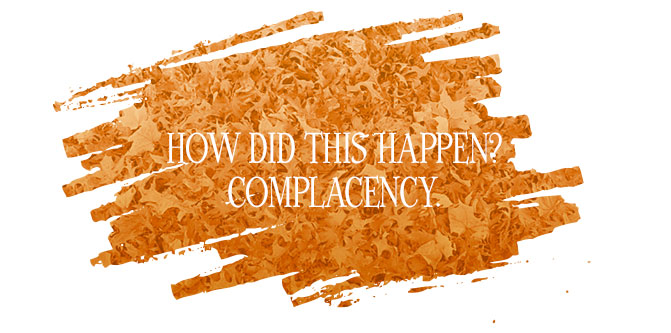
We have stopped looking for creative solutions. There are a hundred mainstream answers to everything. Why go to the trouble of figuring it ourselves when we can get actionable, “proven” solutions prescribed in seconds. It’s understandable. It’s what we’ve been to taught to do.
The problem is, we are rewarded with short-term results, if any, that address symptoms over causes and create an underlying sense of apathy, disappointment, depression and an even greater reliance on other peoples’ answers.
Other people’s conflicting answers: Acupuncture versus antibiotics? Home school versus public versus private? Do more versus less? We are overloaded with so many right answers; even our intuition has become laced with unconscious conflicting biases.
We sublimate our innate knowing because we have been taught knowledge is the domain of the brain. We hide our oddities, our eccentricities, our impossible longings and deepest desires because they are impractical and unproductive. Entire industries have been set up to tame these unruly desires.
But what if the wildness we try to tame is in fact our own home, the Truth of our sole/soul’s purpose? In “The Invention of Hugo Cabret,” Brian Selznick’s character Hugo reflects,
“Did you ever notice that all machines are made for some reason?” he asked Isabelle. “They are built to make you laugh, like the mouse here, or to tell the time, like clocks, or to fill you with wonder like the automaton. Maybe that’s why a broken machine always makes me a little sad, because it isn’t able to do what it was made to do.” Isabelle picked up the mouse, wound it again, and set it down. “Maybe it’s the same with people,” Hugo continued. “If you lose your purpose…it’s like you’re broken.”
Purpose cannot be found in a to do list.
It is not tied to our productivity or our accomplishments.
Purpose resides in our soul.
The problem is, we are rewarded with short-term results, if any, that address symptoms over causes and create an underlying sense of apathy, disappointment, depression and an even greater reliance on other peoples’ answers.
Other people’s conflicting answers: Acupuncture versus antibiotics? Home school versus public versus private? Do more versus less? We are overloaded with so many right answers; even our intuition has become laced with unconscious conflicting biases.
We sublimate our innate knowing because we have been taught knowledge is the domain of the brain. We hide our oddities, our eccentricities, our impossible longings and deepest desires because they are impractical and unproductive. Entire industries have been set up to tame these unruly desires.
But what if the wildness we try to tame is in fact our own home, the Truth of our sole/soul’s purpose? In “The Invention of Hugo Cabret,” Brian Selznick’s character Hugo reflects,
“Did you ever notice that all machines are made for some reason?” he asked Isabelle. “They are built to make you laugh, like the mouse here, or to tell the time, like clocks, or to fill you with wonder like the automaton. Maybe that’s why a broken machine always makes me a little sad, because it isn’t able to do what it was made to do.” Isabelle picked up the mouse, wound it again, and set it down. “Maybe it’s the same with people,” Hugo continued. “If you lose your purpose…it’s like you’re broken.”
Purpose cannot be found in a to do list.
It is not tied to our productivity or our accomplishments.
Purpose resides in our soul.
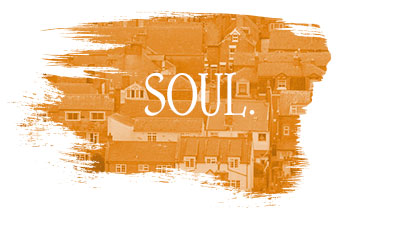
The word, the idea itself, appears nowhere in our education. Certainly not in school. In western religions it is usually something to be saved. It is the black forest, the forbidden fruit. It was not always like this and isn’t in “less developed” cultures. But in more and more pockets of American culture (especially in the more highly educated and publically influential sectors), the voice of the soul is, at best, akin to elevator music between floors. More often, talk of it is perceived as a worrisome sign of having lost touch with reality.
Don’t go there, we are told. Dangerous things happen to those who do. They are ostracized, ridiculed, seen as alternative, odd—crazy.
But isn’t crazy the point? To be crazy is to be possessed with enthusiasm. To be strange and fantastic, to be intensely involved—out of one’s mind! Isn’t that the only way we can back to our soul? To go out of our mind?
This book is not about fitting in. It is about exploding out. When it comes to exploring the human mystery, conformity is the enemy of individuality. Crazy trumps conventional.
There are three crazy premises we will stick by on our quest to solve the ad hoc problem of reconnecting our selves to our souls.
Don’t go there, we are told. Dangerous things happen to those who do. They are ostracized, ridiculed, seen as alternative, odd—crazy.
But isn’t crazy the point? To be crazy is to be possessed with enthusiasm. To be strange and fantastic, to be intensely involved—out of one’s mind! Isn’t that the only way we can back to our soul? To go out of our mind?
This book is not about fitting in. It is about exploding out. When it comes to exploring the human mystery, conformity is the enemy of individuality. Crazy trumps conventional.
There are three crazy premises we will stick by on our quest to solve the ad hoc problem of reconnecting our selves to our souls.
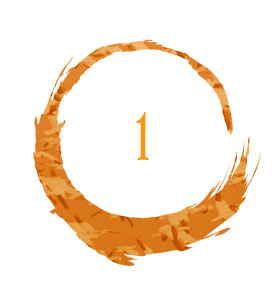
Logic is lame.
I don’t mean that disparagingly. I mean that literally. Logic, the kind that is arrived at via a statement of fact, is not able to transport you where you need to go. It is not ambulatory. It can give you the map but only experience reveals truth.
You can set out to travel down Baxter Road in Nantucket but only driving there will reveal part of it has been washed away by storm and “The Bluff House” has become just that. Logic does not explain how fact becomes fiction and fiction becomes fact.
Even bigger ticket facts like, Pluto is a planet, are at best only an educated hypothesis. Researchers say information is doubling itself every six months. So aspiring to become an informational guru as a strategy for success is, well, lame.
I don’t mean that disparagingly. I mean that literally. Logic, the kind that is arrived at via a statement of fact, is not able to transport you where you need to go. It is not ambulatory. It can give you the map but only experience reveals truth.
You can set out to travel down Baxter Road in Nantucket but only driving there will reveal part of it has been washed away by storm and “The Bluff House” has become just that. Logic does not explain how fact becomes fiction and fiction becomes fact.
Even bigger ticket facts like, Pluto is a planet, are at best only an educated hypothesis. Researchers say information is doubling itself every six months. So aspiring to become an informational guru as a strategy for success is, well, lame.
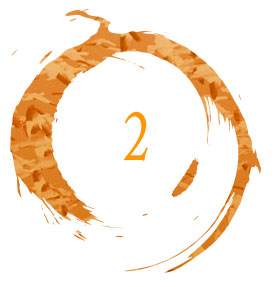
Stalking happiness is exhausting and fruitless.
We want to be happy. Right? We have been sold happiness as the primary objective. There are mainstream books about what it is and how to find it, so we look for it everywhere—five-year plans, the power of now, shoe shops, boot camp classes, juice fasts, dark chocolate, all natural tequila, realtor.com, meditation retreats, yoga workshops and the like. We deserve it. It’s our constitutional right.
But the truth is, happiness can be tricky and elusive, and often our lives don’t quite measure up.
Defining happiness as the pinnacle of success seems like choosing yellow at the expense of all other colors. Without blue where is the sky against which the yellow sun can shine. Without adding blue to the yellow how can you make the green trees grow? And without trees where is the fruit? Where is the oxygen we need to breathe?
We want to be happy. Right? We have been sold happiness as the primary objective. There are mainstream books about what it is and how to find it, so we look for it everywhere—five-year plans, the power of now, shoe shops, boot camp classes, juice fasts, dark chocolate, all natural tequila, realtor.com, meditation retreats, yoga workshops and the like. We deserve it. It’s our constitutional right.
But the truth is, happiness can be tricky and elusive, and often our lives don’t quite measure up.
Defining happiness as the pinnacle of success seems like choosing yellow at the expense of all other colors. Without blue where is the sky against which the yellow sun can shine. Without adding blue to the yellow how can you make the green trees grow? And without trees where is the fruit? Where is the oxygen we need to breathe?
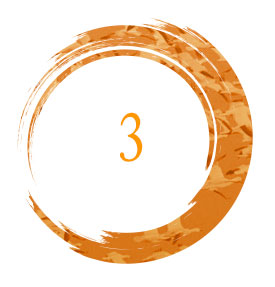
Creative play is the way to freedom.
If you do not feel free, you are not free.
Freedom cannot be achieved through academic training or reached through rigorous physical discipline. The only way to free ourselves from the ropes that tie us in knots is to play with them. To turn them around and over, inside-out and upside-down over and over again until they naturally loosen. Our brains cannot think them free.
Creative play is the only way I have found to achieve what the Buddhists call kensho meaning “seeing” or “true nature.”
The epicenter of freedom is to see and accept the true nature of what is. Then, and only then, can happiness be exposed for the cheap, disposable, knock-off outlet version of freedom it really is.
If you do not feel free, you are not free.
Freedom cannot be achieved through academic training or reached through rigorous physical discipline. The only way to free ourselves from the ropes that tie us in knots is to play with them. To turn them around and over, inside-out and upside-down over and over again until they naturally loosen. Our brains cannot think them free.
Creative play is the only way I have found to achieve what the Buddhists call kensho meaning “seeing” or “true nature.”
The epicenter of freedom is to see and accept the true nature of what is. Then, and only then, can happiness be exposed for the cheap, disposable, knock-off outlet version of freedom it really is.
